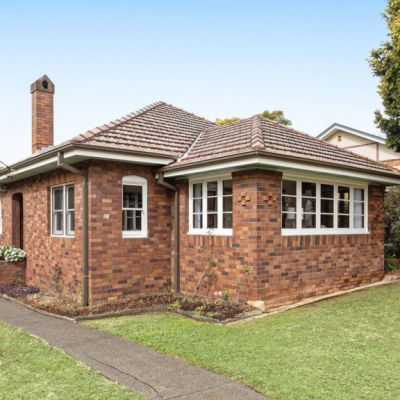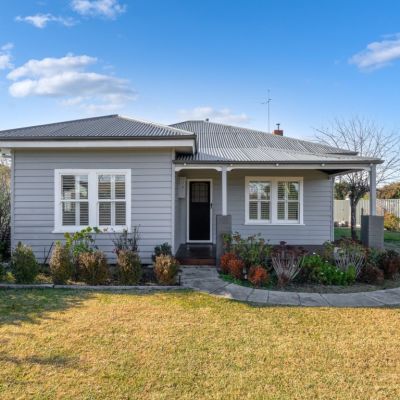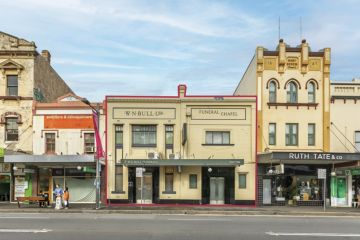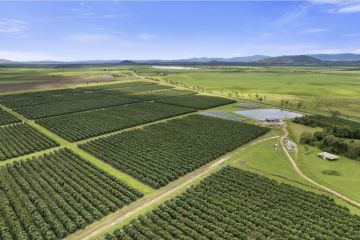Aussies are being left with $8 after paying rent
Vulnerable Australians are left with $8 to their name after paying rent, new data shows.
Low-income earners, people on the pension and those receiving disability support payments are struggling to afford housing, with rental prices in almost every suburb in the nation outside their means.
The Priced Out 2024 by housing rights campaign group Everybody’s Home found that Aussies receiving the age pension and disability support pension would have $8 remaining after paying the rent.
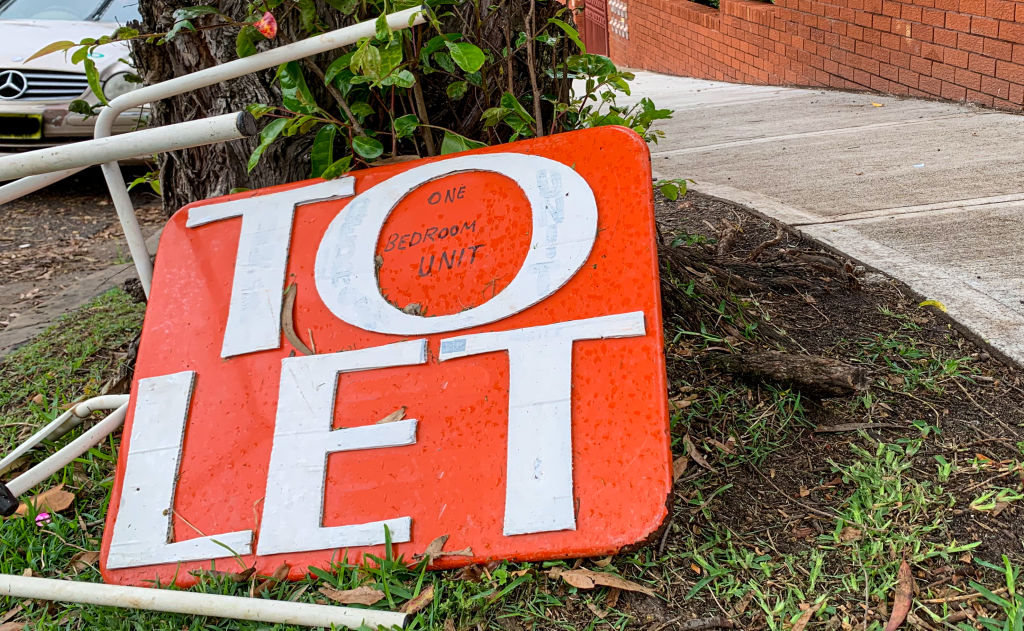
Government assistance and minimum salaries were compared against the average rental prices across several districts for each state and capital city.
For Aussies toiling full time on the minimum wage, they would have just $25 left over after paying their landlord.
The most unaffordable areas outside of the capital cities included the Gold Coast and Sunshine Coast, northern Western Australia and Wollongong. In these markets, a minimum wage earner would be spending more than half of their take-home pay on rent.
A person is at risk of rental stress if they are dedicating 30 per cent of more of their income on rent, according to mortgage lender UBank.
The research paper took into account the biannual indexation increase to Centrelink payments, which came into affect in September, and the 10 per cent boost to the Commonwealth Rent Assistance program.
Five million Australians receive Centrelink assistance.
There is “virtually nowhere” in Australia a person on a low income can afford a roof over their head without rental pain. Everybody’s Home spokesperson Maiy Azize said in statement.
“People on the lowest incomes are falling through the cracks – they’re becoming homeless, sharehousing well into their adult years, living in overcrowded homes, and unable to move out of the family home because there simply isn’t enough affordable housing for them,” she said.
“Even if they are willing to leave their communities, the pursuit to find and secure an affordable home elsewhere is dire.
“Minimal increases to these payments are falling short of what people actually need, being eclipsed by high rents, bills and the cost of essential goods.”
“We need the federal government to raise Centrelink payments so they don’t fall below the poverty line, and set these payments so they don’t fall behind the real cost of living and housing.”
We recommend
We thought you might like
States
Capital Cities
Capital Cities - Rentals
Popular Areas
Allhomes
More
